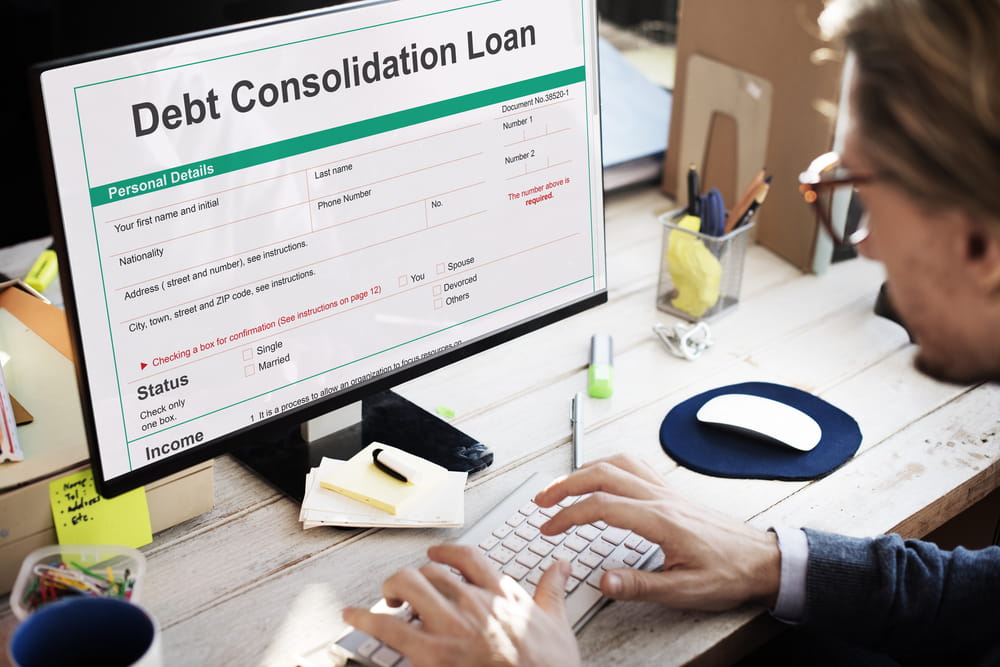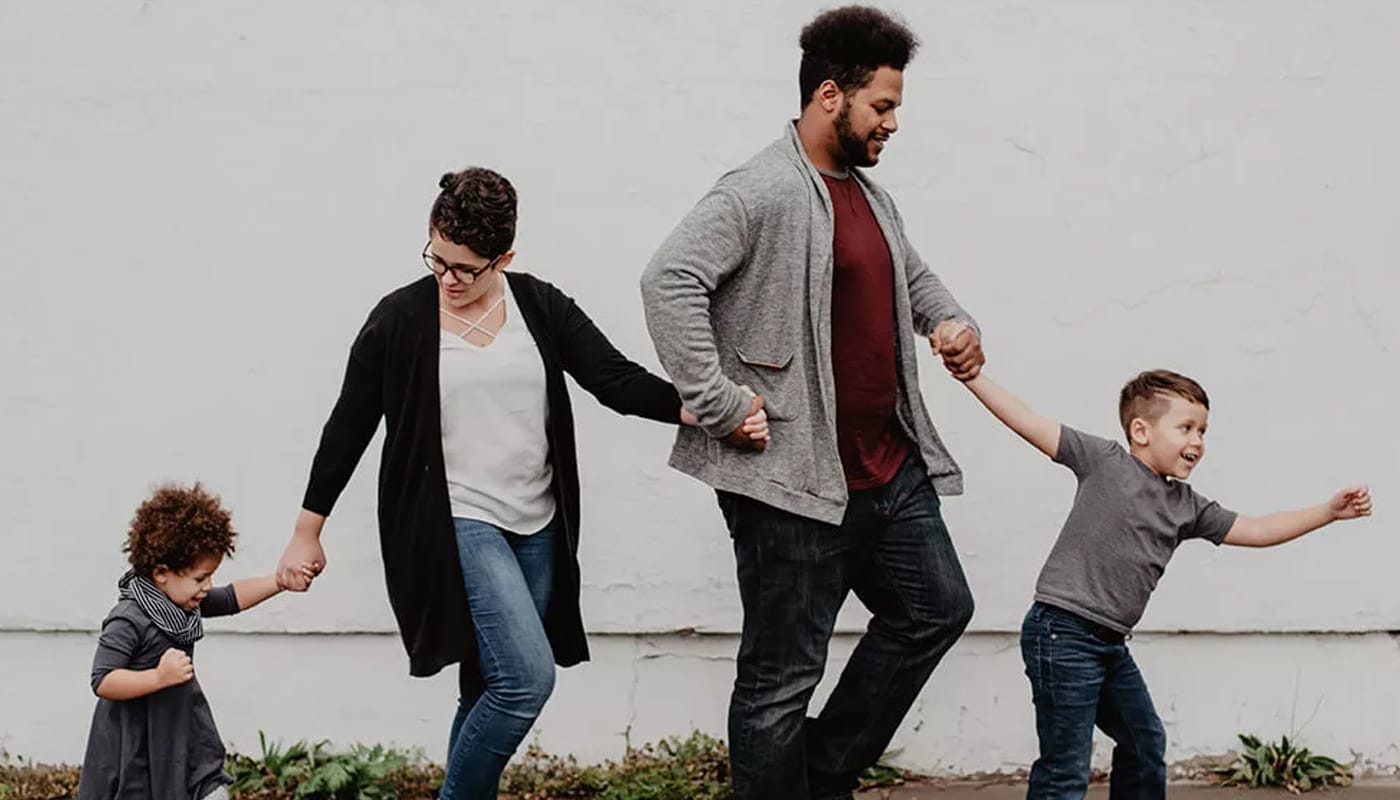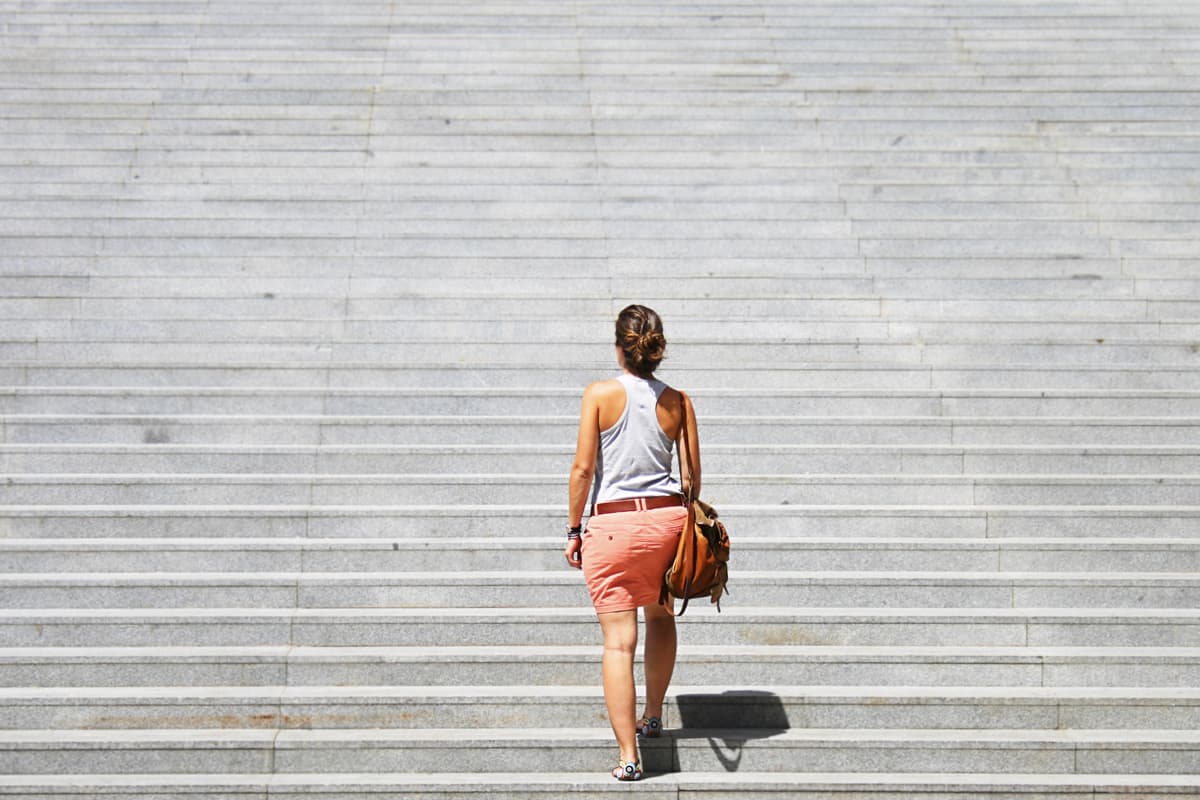Debt Relief Program & Consumer Proposals in Saskatchewan
Are you feeling weighed down by debt in Saskatchewan? You’re not alone. Our team of Licensed Insolvency Trustees is here to help you find your footing on your way back to financial freedom.
Safe, secure & confidential
Get professional debt relief advice in Saskatchewan
If you are struggling to manage your debt, require debt relief and all other options have been exhausted, then it might be time to consider filing for bankruptcy.
Residents in Saskatchewan are eligible to file for bankruptcy if they are at least $1,000 in debt and cannot pay back what they owe.
If you are considering bankruptcy, then you should consult a local licensed trustee who can help guide you through the process and bring you back onto the road to financial recovery. Most property declared exempt will vary as provincial bankruptcy exemptions will apply.
If you do file, you can take comfort in the knowledge that some items will be protected from seizure during the bankruptcy process.
Harris & Partners is a specialist Bankruptcy Trustee with offices based across Canada, providing debt relief solutions to individuals and businesses struggling to manage their debt.
Contact us today for a free consultation with one of our licensed insolvency trustees and we’ll find a debt relief solution that will get your finances back on track.

Debt consolidation in Saskatchewan
If juggling multiple payments is wearing you down, you might be considering a debt consolidation loan. But that doesn’t always address the real problem.
A consumer proposal might be the better way to go. Here’s how it can help:
- Cut down the total debt you owe.
- Stop all interest charges.
- Protection from creditor pressure.
- Keep your essential assets.
We’re here to help you find a debt solution that works. Reach out to our Licensed Insolvency Trustees today and take the first step towards a debt-free future.

Consult a Licensed Insolvency Trustee in Saskatchewan
Legally, only a Licensed Insolvency Trustee is authorized to administer proceedings for a bankruptcy or consumer proposal. If other debt relief agencies try to offer you consumer proposals or bankruptcy options, you should never pay anyone who isn’t a licensed trustee.
Other companies are not legally authorised to do this for you and so you should make sure you consult a trustee when it comes to managing your debt.

How does a consumer proposal work in Saskatchewan?
Filing a consumer debt proposal in Saskatchewan allows individuals to work closely with a Bankruptcy Trustee in order to negotiate a reduced and more manageable debt repayment plan with creditors.
On your behalf, your trustee will file the proposal and liaise with creditors to make your debt more manageable. All you have to do is make a single monthly payment and this will put an end to the dreaded calls and threats.
If you’re a resident in Saskatchewan and you find yourself owing a debt of $250,000 or less, then a consumer proposal could be the option for you.
If you are based in Saskatchewan and want to find out more about the process of filing a consumer proposal, get in touch with us today.

Consumer proposals: A better choice than debt consolidation
If you’re struggling with multiple debts, a debt consolidation loan might not be the best choice. While it can make repayments more manageable, as they are pulled into one single loan, the amount you owe won’t change.
Consumer proposals are usually the best alternative. They allow you to repay only a portion of your unsecured debts over a period of up to 5 years.
What are the benefits of a consumer proposal?
The main benefits of a consumer proposal include:
- Reducing your debt and paying back only a portion of what you owe.
- Getting legal protection against creditor actions.
- Easier debt management due to interest-free repayments.
- A simplified repayment made in one monthly transfer
Compared to debt consolidation, consumer proposals can be more effective and less stressful. To find out if this is the best debt solution for you, give us a call today.
Debt help in Saskatchewan - it’s a simple process
We start by having an open, understanding conversation to fully grasp your financial circumstances. We listen attentively and without any judgment as we review your financial information, including income, debts, and creditors. These initial consultations are free, your privacy is respected, and all your details are kept confidential.
After gaining a complete insight into your financial situation, we’ll help you develop a tailored plan that fits your needs. We’ll explore various debt management strategies, focusing on those that make you feel most at ease. Our role is to provide guidance, not to pressure you into making decisions.
Once you feel confident and ready with the plan, we’ll implement it. Supporting you in improving your financial health is our top priority, and you can rely on us to be there for you at every step.


Debt help in Saskatchewan - it’s a simple process

Saskatchewan bankruptcy exemptions
- Clothing and jewelery valued up to $7,500.
- One motor vehicle valued up to $10,000.
- Work equipment/tools of your trade.
- All household furniture and appliances.
- Up to $50,000 of your home’s equity.
- Medical and dental aids.
- Most retirement savings plans (RRSPs).
- Some life insurance policies.
- Pets (up to $2,000 in value).
- Farmers: Up to $20,000 tools of the trade, two bushels of seed per acre of land, livestock and equipment to sustain 12 months’ worth of business, and enough cash or crops to sustain you until the next harvest.
Our debt management solutions in Saskatchewan
Dealing with debt can feel overwhelming, but it’s important to remember you have multiple options in Saskatchewan to help you handle and reduce your financial stress:
Example Savings Calculator With Harris & Partners Debt Relief
Your Potential Debts:
Your monthly repayments over a 60-month period would be
Before Help
$1409
After Help
$210
Monthly payments are determined based on individual financial factors
How Much Could I Save?
Why choose us for debt help in Saskatchewan
Our experienced Licensed Insolvency Trustees in Saskatchewan specialize in creating personalized plans that could reduce your debt by as much as 80%.
No matter what language you’re most comfortable with, our team in Saskatchewan is here to provide clear, straightforward advice. Whether you speak Farsi, Portuguese, Italian, or Tamil, we ensure everything is clear and understandable at every step.
Our commitment to helping you goes beyond Saskatchewan. Offering services in nine provinces, you can count on our help wherever you are in Canada.
Frequently asked questions
What is a Consumer Proposal in Saskatchewan?
In Saskatchewan, a consumer proposal is a legally managed agreement where you repay a portion of your debts, guided by a Licensed Insolvency Trustee. This helps you reduce your overall debt, extend your payment period, and keep your assets.
What Assets Are Exempt from Bankruptcy in Saskatchewan?
During bankruptcy in Saskatchewan, you can keep essential items such as clothing, household items, work tools, a primary vehicle up to a certain value, some types of pensions, and possibly a portion of your home equity.
How Do I Declare Bankruptcy in Saskatchewan?
To begin the bankruptcy process, you should meet with a Licensed Insolvency Trustee in Saskatchewan. They will review your finances, explore various options with you, and, if bankruptcy is your best solution, guide you through the necessary legal steps and paperwork.
Find your path to financial freedom in Saskatchewan
Managing debt can be scary, but you don’t have to go through it alone. Our team in Saskatchewan is here to provide the support you need. Just fill out the form below for a free, no-obligation conversation.
It's never too late to obtain debt help. Book your free consultation today
- Phone number
- 800-268-8093
- hello@harrispartners.ca
Contact form
Debt Relief in Saskatchewan & Across Canada
Whether you’re in Saskatchewan or any of the other eight provinces we serve, our team is ready to support you.










